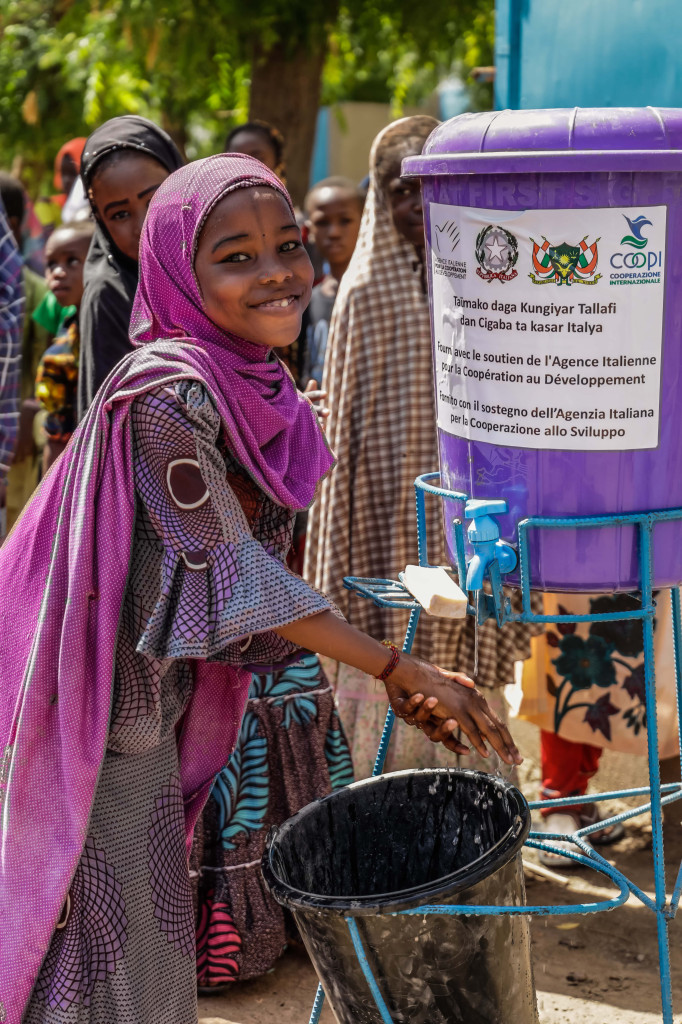07-01-2021 | di COOPI
Niger. The impact of education on women's empowerment
Since 2018, COOPI – Cooperazione Internazionale, together with the Italian Agency for Development Cooperation (AICS) and the Regional Directorate of Primary Education of the Diffa Region, Niger, has been consolidating empowerment processes through education projects whose main beneficiaries are women, the nerve centre of the family and society.
In particular, the recent project entitled “Promotion and right to education denied: a challenge for refugee(s), displaced children and adolescent(s) and private host communities of a safe and inclusive place for learning and for teachers in the Diffa region, Niger” gave beneficiaries the opportunity to follow basic, higher or vocational education courses, thus overcoming illiteracy, and to enter formal schooling, making up for lost years, or into the world of work, entering a workshop or starting their own income-generating activities.
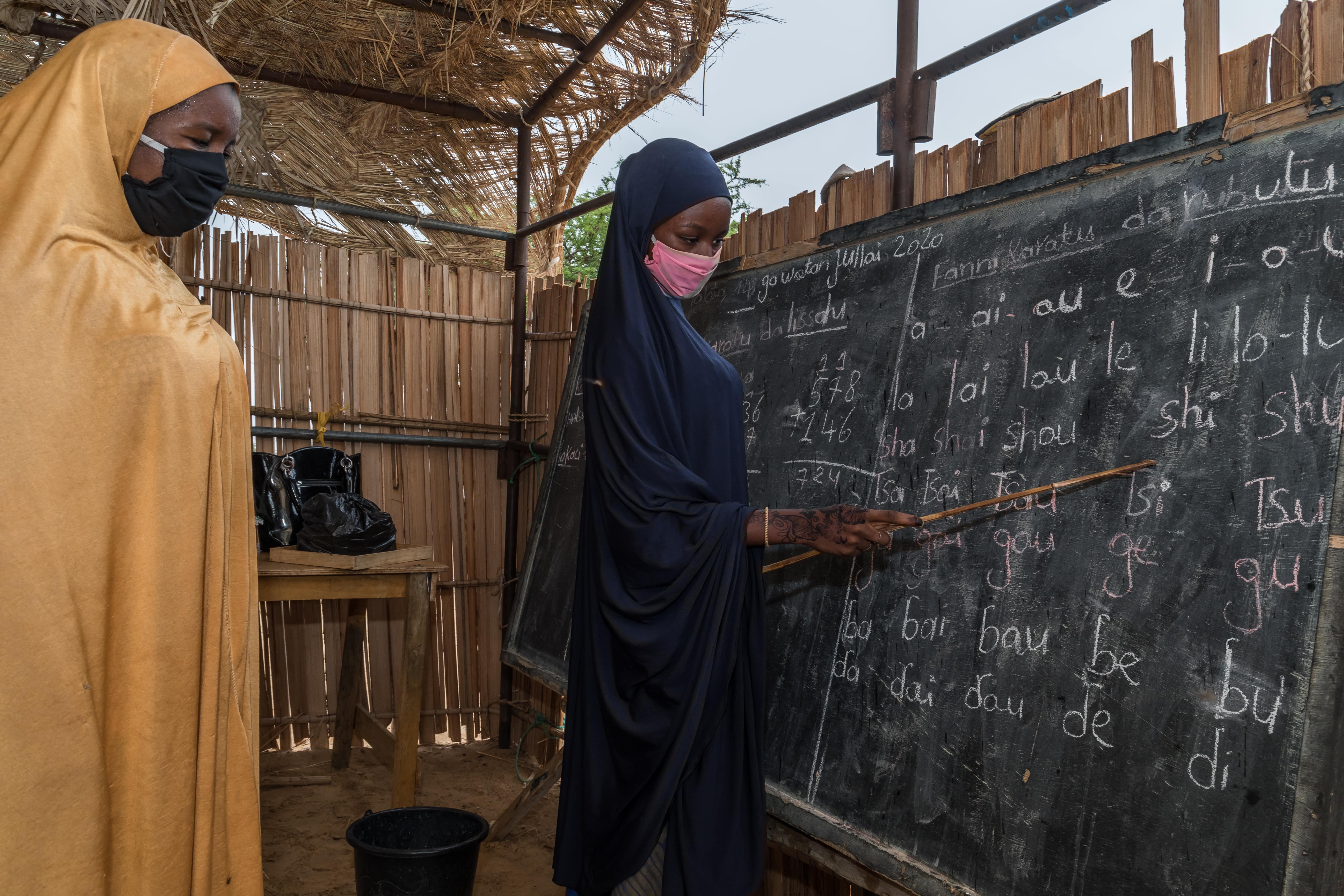
F.M. 16 years old, an apprentice at the Mainé Soroa training centre where she learns the art of cosmetics, says:
"The cosmetics industry based on soaps and creams was unknown to me until now. Thanks to the support of COOPI, we can now create soaps for ourselves and our families, reduce our expenses and above all sell them on Tuesdays, market day in Mainé. I aspire to be more independent and to help my parents and this has been possible with the help of COOPI".
The women, after three months of activating income-generating activities, are now able to provide continuous economic support, in terms of food and education, to their children, thus regaining their crucial role within the family.
Valentina Tamai, COOPI project leader, explains: "In terms of impact, we see that 45% of the women are able to secure their children's financial needs, including schooling; 88% have gained more self-esteem, recognising that they are useful not only to their children but also to their families and the community. Moreover, it seems that entrepreneurship is becoming a reality among these women; in fact, 70.3% of women say that they now feel like real entrepreneurs".
S.M., 45, a peanut oil producer and seller, testifies that:
"This activity is a real opportunity for us women, deprived most of the time of substantial means to provide for our children's needs. Thanks to this activity, I diversified my activities by buying two sheep, I help my family and my parents with their daily chores. My children are sheltered from certain needs. I can only thank the NGO COOPI for its help. Today there is oil in the village, which saves time by going less to the market to buy it. This activity is a real blessing. May God bless COOPI!"
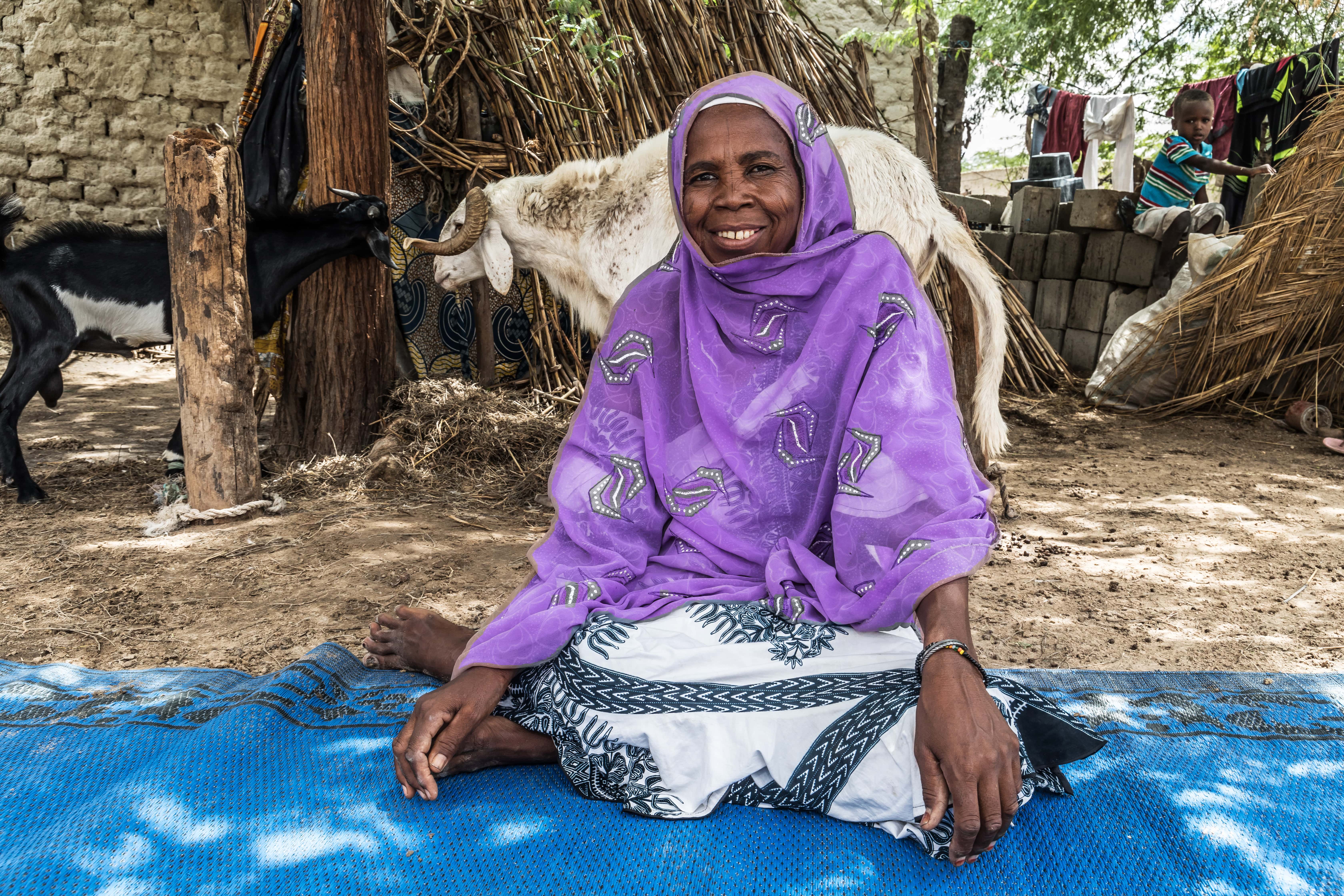
Among the various activities carried out over 21 months, the project strengthened the educational and economic system in the Diffa region, through:
- the implementation of school infrastructure and awareness-raising activities in 60 schools and communities to improve the learning conditions of all children, including girls, by providing them with a safe and protective environment;
- the implementation of online courses based on the Nigerian school system for 548 refugee students (girls and boys) to enable them to continue and complete the studies they started in Nigeria;
- the activation of literacy courses and recreational activities for approximately 1,000 children and adolescents excluded from the formal school system and 200 unschooled women;
- the enrolment of 200 adolescents (girls and boys) in vocational training courses to enable them to enter the world of work;
- the support to 200 women to start Income Generating Activities (IGAs) such as textile trading, retail, grain processing and sale, groundnut processing resulting in the production of oil and derivatives for commercial purposes, soybean processing and sale, tailoring, goat and sheep farming.
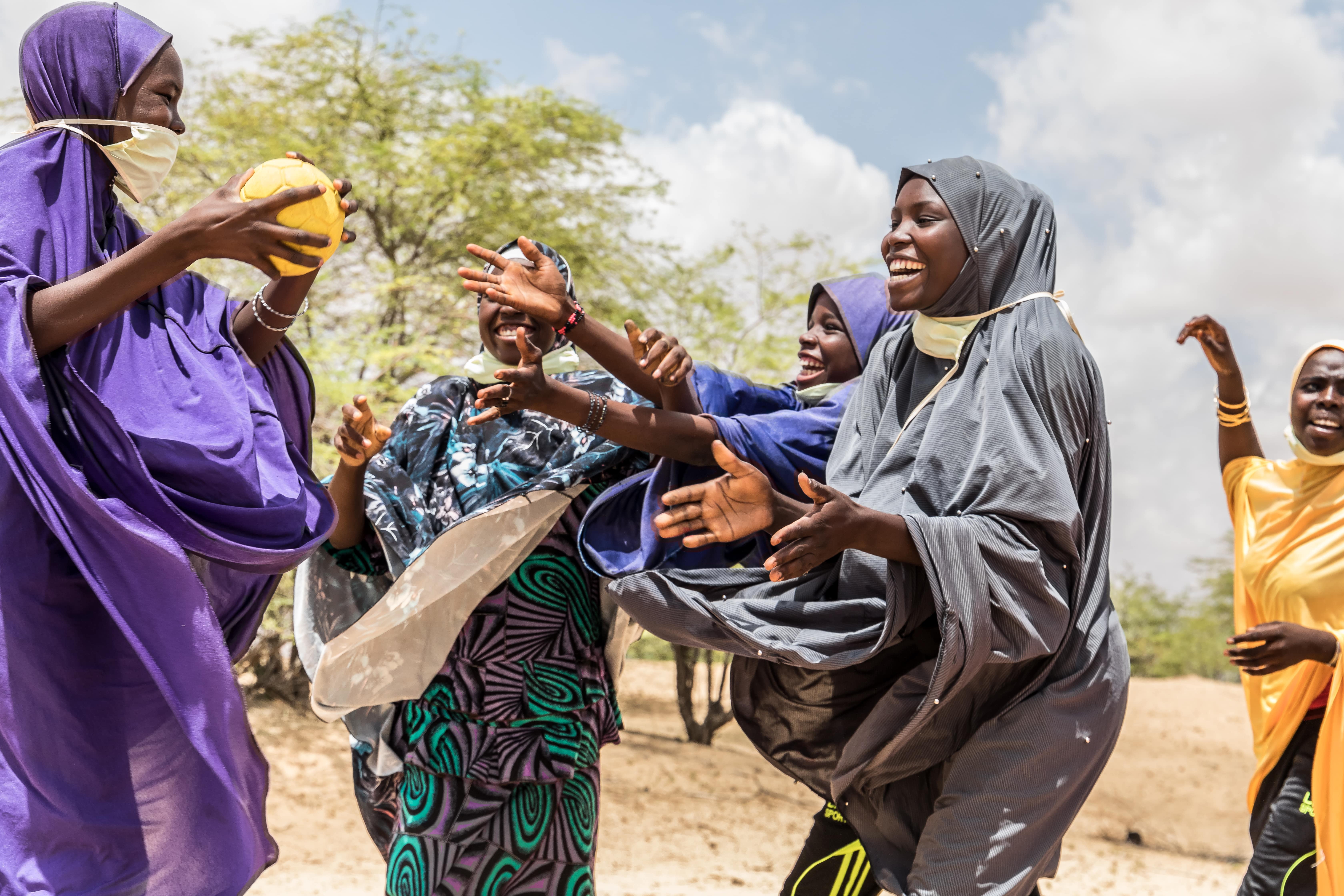
Inequalities between men and women, as well as the lack of a strong and inclusive education system, hinder the promotion of human rights, poverty reduction, economic growth and sustainable development (World Bank, 1999, 2001; UNECA, 2004). Unfortunately, Niger is well aware of this situation, which is aggravated by socio-cultural factors such as early marriages, gender-based violence, and women dropping out of school, which have an unfavourable impact on the path towards empowerment of women and girls in the country.
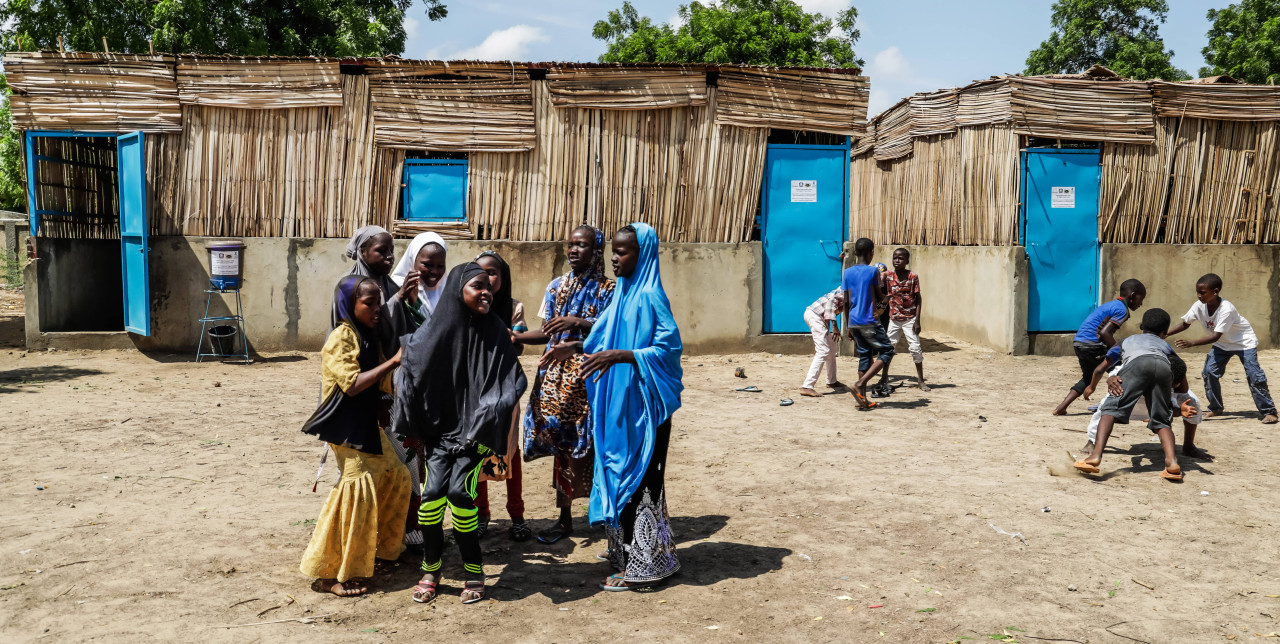



 Niger
Niger
